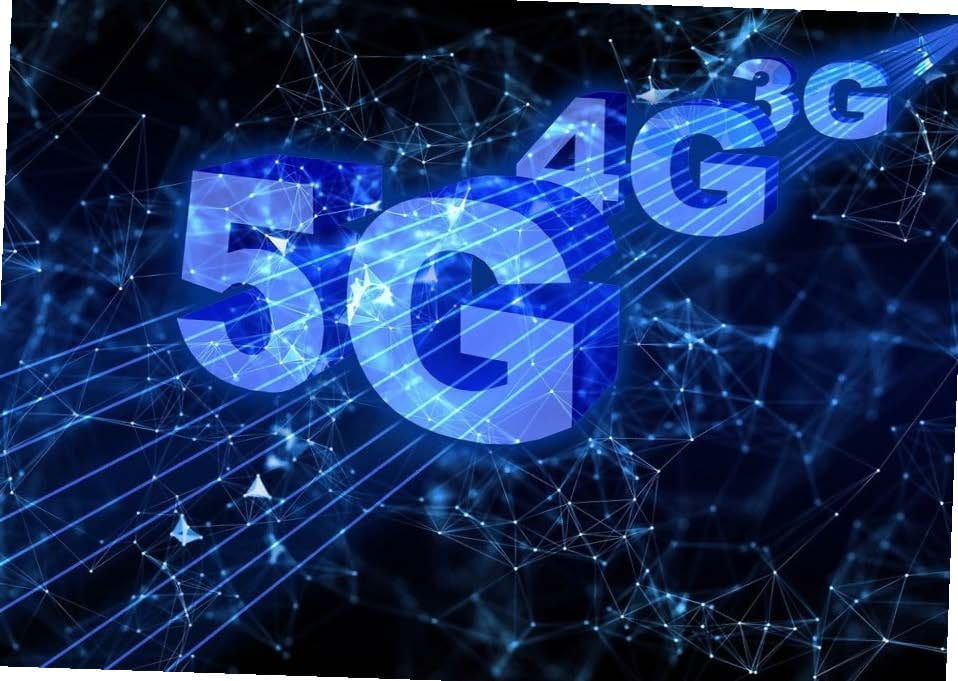By Hunter Gilfillian, M.A. in International Affairs ‘20
In recent months, a battle of United States and Chinese narratives has gained traction in the land of Don Quixote. Although, instead of windmills, the new “giants” are satellites, economics, and security.
Currently, Spain is caught in the middle of a narrative “tug-of-war” between the United States and China regarding Chinese technological investment in Spain’s fifth generation (5G) networks. In response to Chinese efforts to develop and maintain its technological footprint in the Western Mediterranean, the United States has responded with an “offensive” narrative, one that places more pressure on Spain. Conversely, China is producing a “defensive” counter-narrative combatting that of the United States, resulting in a large-scale battle of narratives.
Offense
On one side of the narrative battle, ring is the United States. Threatened by investment of Chinese technology in the networks of a key European ally, the United States is maximizing a “great power” narrative in terms of its international relationship with Spain and China.
Normally, the United States does not need to warn its European allies, especially those of which it has a long and shared history. Recently, however, the United States utilized a “great power” narrative when it issued clear and concise feelings about Spain’s relationship with Chinese technology firms. In February 2020, United States officials warned Spanish officials and telecommunications executives of a potential withdrawal of sharing sensitive information with Spain should Chinese technology firms, like Huawei, continue to be involved in local markets. Issuing these types of warnings toward a friendly nation is a tool that a “great power” can utilize in a narrative context. Spain would likely not issue a similar warning to the United States. Nonetheless, while the United States’ actions and warnings are rooted in trying to protect its ally and other partners against potential threats to security from China, this type of narrative places Spain in an awkward position.
A potential effect of the utilization of a “great power” narrative is an indirect and unwanted strengthening of the Chinese counter-narrative against the United States in Spain. International warnings and this type of narrative may harm an already fragile Spanish favorability view of the United States given that favorable views from Spain decreased from 59% to 42% from the end of the Obama presidency to the end of 2018 according to the Pew Research Center. This would arguably help China in its approach toward the issue further down the road, something the United States does not want.

Defense
Comparatively, China has produced a defensive counter-narrative in response to the United States. When asked about Secretary of State Mike Pompeo’s comments on China’s espionage, information stealing, and link to the technology company, Huawei, Chinese Foreign Ministry Spokesperson, Hua Chunying, compared Secretary Pompeo to that of a fictional character in a Chinese short story. Spokesperson Chunying said, “unlike her harmless monologue, Mr. Pompeo keeps repeating poisonous lies.”
China is attempting to change and control the narrative through its response. This type of response produces a counter-narrative where China shifts the blame from itself to another country, despite any accusations or evidence. While this may seem like an offensive tactic, China’s action is in response to the United States, allowing it to take a defensive position in the narrative battle.
Furthermore, a defensive position allows China to continue bolstering its counter-narrative against the United States. Recently, Chinese technology company, Huawei, played a soft power role through its delivery of medical supplies to countries like Spain during the COVID-19 pandemic. These types of good acts by Chinese companies have the potential to strengthen China’s counter-narrative toward the United States as this type of action is a key public diplomacy instrument. Building a rapport with the Spanish government and people during times of a crisis undoubtedly have beneficial effects for diplomatic relations whether this is the intention of China or not.
This narrative battle between the United States and China is not only recognized in theory, but also in the heart of international relations as well. Huawei’s role, and ultimately China at large, was noted by the European Union’s Foreign Policy Chief, Josep Borrell, saying, “there is a global battle of narratives going on in which timing is a crucial factor,” and “China is aggressively pushing the message that, unlike the US, it is a responsible and reliable partner.”
If the United States wants to succeed in this battle of narratives, it may need to balance its approach toward Spain and its call for security in Europe in a more positive tone. While the counter-narrative produced by China is bolstered by technology and soft power approaches at the moment, the United States’ long and shared history with Spain is a force to be reckoned with. However, for the time being Spain is stuck in the middle of this narrative “tug-of-war” between the United States and China, so time will tell how “giants” in the land of Don Quixote will affect this narrative battle.
The opinions expressed in this blog are those of the author. They do not express the views of the Institute for Public Diplomacy and Global Communication or the George Washington University.

